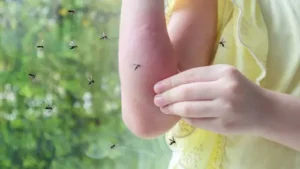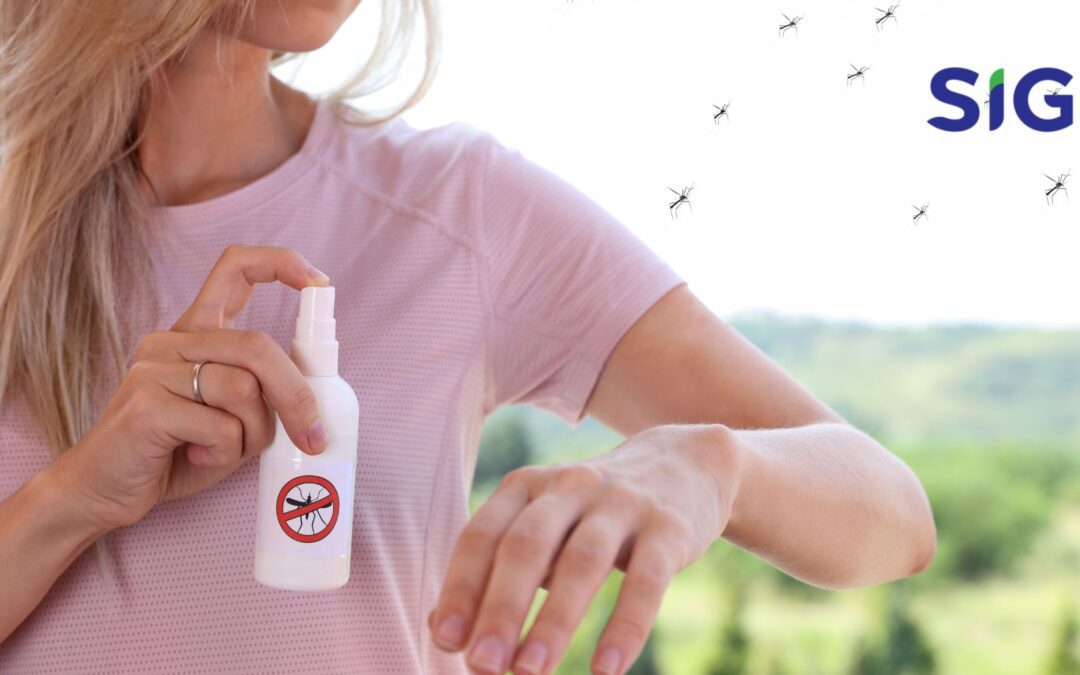The tropical climate, rapid climate change, and increased rainfall in November – December have resulted in populations of Aedes aegypti and Ae. albopictus increased, where the Indonesian mosquitoes themselves were dominated by Ae. aegypti and Culex quinquefasciatus so there is a need for self-protection by one of them using mosquito repellent products.
DEET prevent mosquito bites but are prone to irritation
DEET or Diethyltoluamide has been shown to be effective and effective in preventing mosquito bites in adults, children and pregnant women. However, this must still follow the instructions for use. DEET itself is a chemical substance that quickly seeps into the skin pores. For those with sensitive (atopic) skin, DEET can irritate and cause skin reactions. Therefore, avoid using DEET on skin with open wounds.

DEET, Needs To Be Regulated To Be Safe
The DEET content recommended by The American Academy of Pediatrics for insect repellent products is around 10% -30%. Meanwhile, the American CDC states that topical DEET products are available in 4 – 100% preparations. However, this level can be said to be safe for mature skin. Meanwhile, for infants and children, there are several rules for use that need attention. The DEET level determines the duration of the mosquito’s protective/repellent effect. (Source: Indonesian Society of Dermatology And Venereology (INSDV)).
Bagaimana SIG membantu
SIG is an ISO 17025 accredited laboratory for Pesticide Control of Human Disease Vector Control products. SIG has succeeded in becoming a DEET or Diethyltoluamide testing laboratory for anti-mosquito lotion and spray products using HPLC UV technology with a detection capability of up to 0.2%.
Results from DEET testing help ensure mosquito repellent products can be used safely and provide effective protection from mosquito and insect bites. As a consumer, it is important to choose DEET products that have been tested and approved by trusted health regulatory authorities. For more information, contact us at marketing-sig@saraswanti.com

